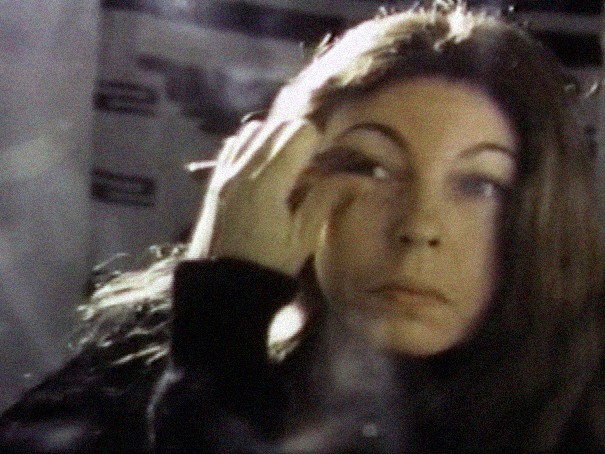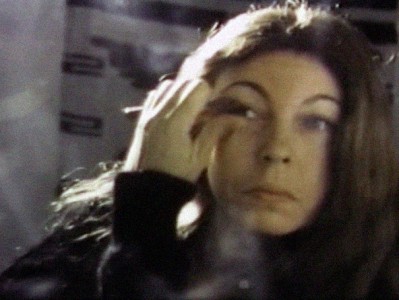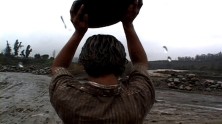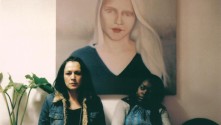
Unfinished Diary
Fragments from an Unfinished Diary
Set in Canada, Marilú Mallet’s elegiac documentary pushes the limits of the diary-film form: by depicting her exile from Chile, she directly involves her husband, her children and her community members in her reflections, both as characters and agents in the narrative. Her hypnotic camera tracks the rhythms of her new city, with cars rattling over wide avenues, vast interiors of malls and towering ski slopes, all indicating the agonizing duration and immense scale of exile. In addition to her own imagery, Mallet uses black-and-white archival footage of the Pinochet regime to reflect on, and make the audience visualize, the forces that pushed her and thousands of other Chileans out of the country. Throughout the film, she interviews some of these exiles—among them, Isabel Allende—and contemplates her own family structure. Mallet’s questions have massive implications for the ethics of both cinema and diaries. What does it mean to make a film about Chile when she cannot physically reach it? These inquiries become intensified during the bravura climax, when Mallet’s husband has an argument with her about how she has made the film and why—ultimately leaving the viewer uncertain of not only the line between reality and fiction, but Mallet’s own future beyond the film. – Alejandro Eduarte
Filmmaker Angelina Vásquez was one of over 200,000 Chileans—including her contemporaries Marilú Mallet and Valeria Sarmiento—forced into exile following Augusto Pinochet’s 1973 military coup. Returning from Finland ten years later in a secret effort to shoot Fragmentos de un diario inacabado, Vásquez was once again expelled from the country before filming even began. Finished from a distance, Fragmentos unites diaristic reflection and journalistic urgency in a formal triumph over the very authoritarian forces that fractured the process of its making. Vásquez weaves a pastiche of on-the-ground dispatches from Chile’s cosmopolitan centers to rural villages of folk artists, military generals and civilian voices that present a defiant portrait of Chilean society under the Pinochet dictatorship. – Tiff Rekem























